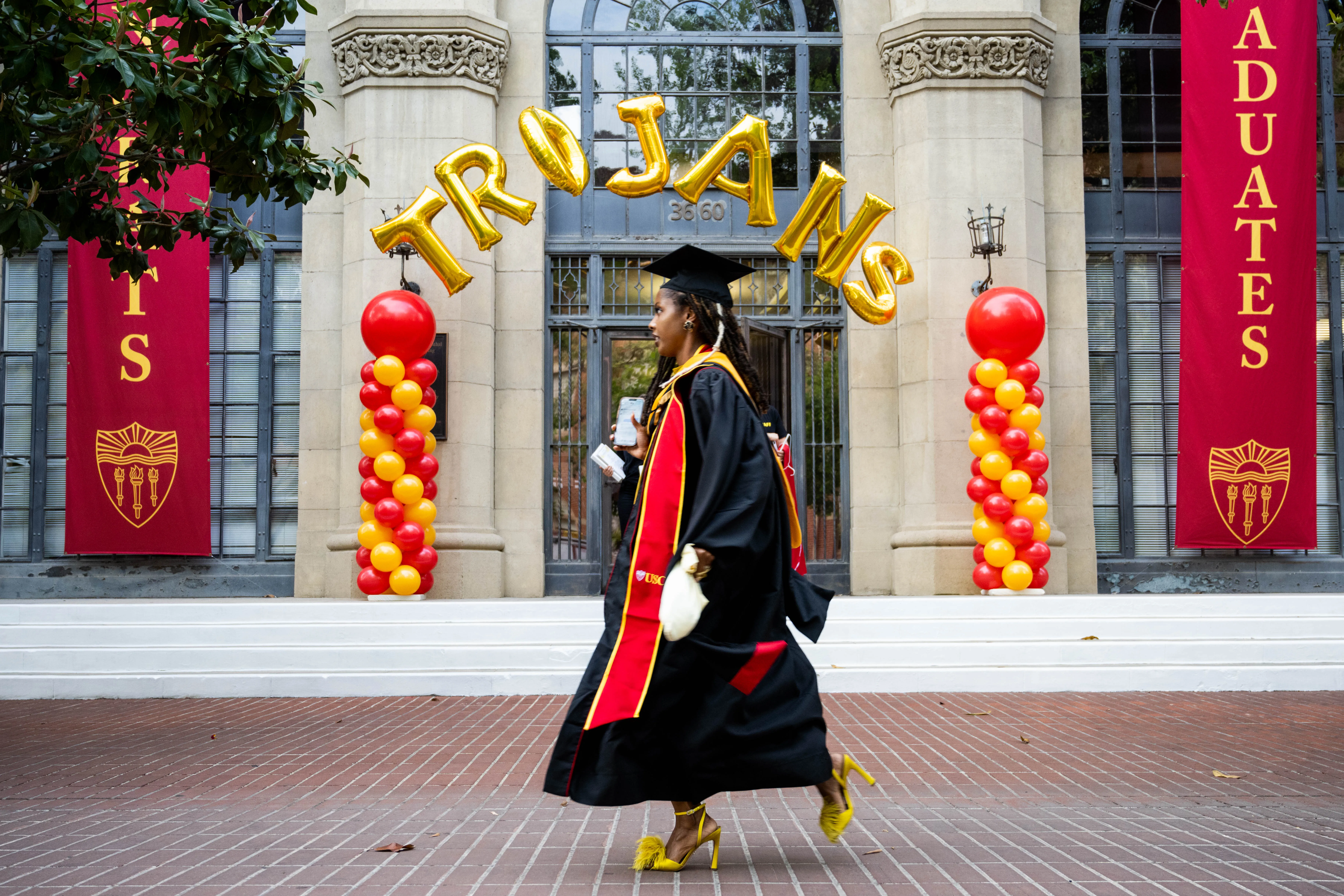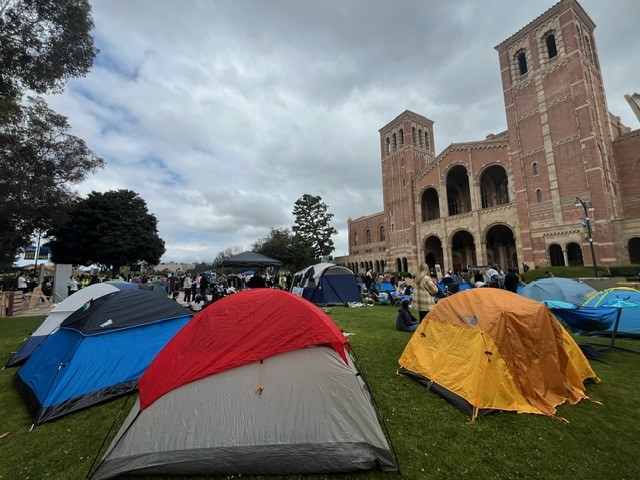With decision time approaching for water districts being asked to fund the most expensive water project in California history, the head of California's largest water wholesaler Monday warned there is no room for subsidies or withdrawal from participation.
"All of us have to work together to make this work, and all of us need to pay our share," said Jeff Kightlinger, general manager of the Southern California Metropolitan Water District (MWD).
"California WaterFix" would address a weak link in the state's aqueduct system by going underground and building more than 30 miles of massive tunnels for transporting water. The state water project, which draws on snowmelt from the Northern Sierra, provides about one-third of California's water.
Though drought is still a fresh memory in California, opponents and skeptics have raised concerns about the estimated $17 billion cost, and how that will be divvied up. Historically, urban users have paid more for gallons delivered by the state water project than farm users.
There have also been indications that some agricultural water districts will be reluctant to pay the the full amount of their apportioned share of the total cost.
The issue is complicated by exemptions for government-designated wildlife refuges and holders of senior water rights.
A key bellweather could come Tuesday when a major San Joaquin Valley agricultural water district, Westlands, will consider its participation in California WaterFix. At an August meeting, several board members expressed reservations about the projected cost.
News
Top news of the day
Also Tuesday, a Los Angeles City Council Committee will consider the project's economics.
WaterFix would tackle what has been a problem since development of the state water project first began more than half a century ago during the administration of Pat Brown, the current governor's late father.
Northern California snowmelt destined for the California Aqueduct must traverse the delta of the Sacramento and San Joaquin Rivers at the east end of the San Francisco Bay. Consisting of waterways between hundreds of islands and earthen levees, the delta is environmentally fragile, and the pumping required to move the fresh water plays havoc with water flows and kills fish.
During his first tenure as governor in the 1970-80's, Gov. Jerry Brown championed a "peripheral canal" what would carry water around the delta. Voters rejected that in 1982. Since returning to the state capital, Brown re-envisioned the peripheral canal as twin tunnels that would stretch 30-plus miles beneath the delta.
The proposal is characterized as a way to increase reliability, though it is also expected to allow a fractional increase in the amount of water that can be delivered.
The MWD has been a powerful advocate for the twin tunnel plan. But Kightlinger made it clear MWD needs allies, and is not inclined to pay more than its share to get the project built. MWD believes its portion of the cost should equal the percentage of of water it is to receive.
"This is not going to be a subsidy," Kightlinger said.
Los Angeles has four representatives on the MWD board, which on October 10 is expected to vote on proceeding with the project.
A study prepared by the Los Angeles office of public accountability/ratepayer advocate projects the additional cost for a median household would likely be $1.73 per month, though it could range from a low of 87 cents to a high of $4.31.
"The WaterFix is affordable to City single family residence households," the report concluded.
Twin Tunnel opponents who demonstrated Monday at City Hall expressed skepticism of the ratepayer advocate's numbers.
"A lot of people cannot afford their water bills now, and the cost will go up exponentially," said Conner Everts of the Southern California Watershed Alliance.
The demonstrators urged city leaders to direct the city's MWD appointees to vote against the twin tunnels. Some demonstrators also carried signs urging the city not to retain ratepayer advocate Fred Pickel. He defended the report, and said that previous actions by his office had delayed the imposition of rate increases and saved the city's ratepayers millions of dollars.
Pickel was set to appear at Tuesday's meeting of the City Council Energy, Climate Change and Environmental Justice Committee, to answer questions about the report.
Opponents of the twin tunnels and any rate increases favor alternative approaches to stretching water resources, such as increased conservation and recycling.
As it was Monday, MWD joined the Sanitation Districts of Los Angeles County in announcing commitment to a Regional Recycled Water Program.
"We want to be more efficient, to do more with less," said Kightlinger. When built out, the facility could produce enough waterto serve the needs of 350,000 homes, Kightlinger said, but that amount represents only 10 percent of what is expected to flow south through the twin tunnels.
"We want to be more efficient, to do more with less," said Kightlinger. "But you still have to have that backbone supply, that imported water from Northern California."



